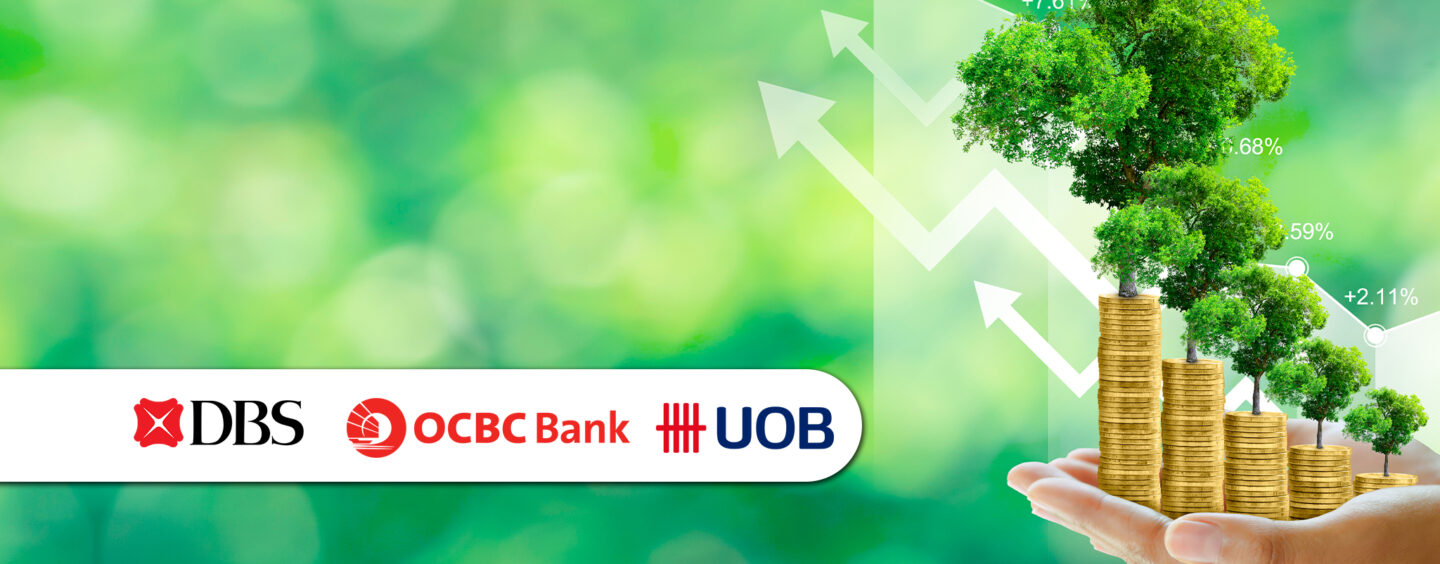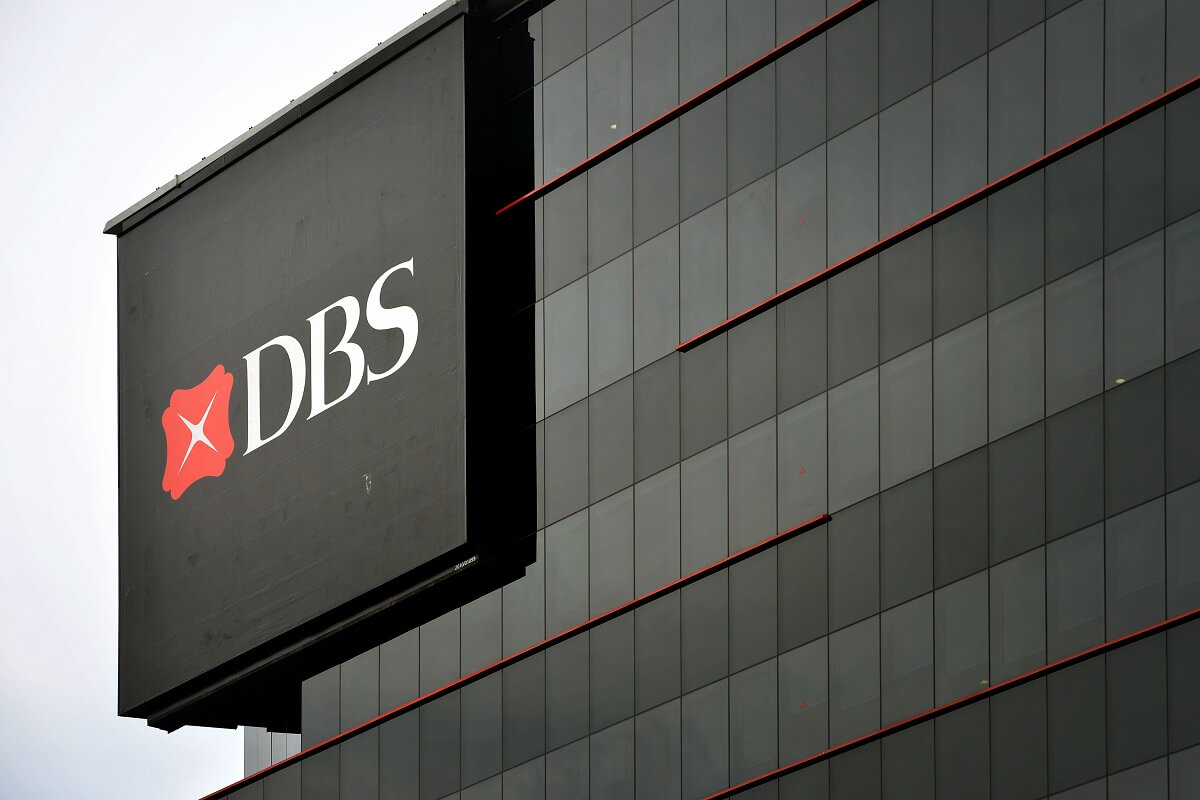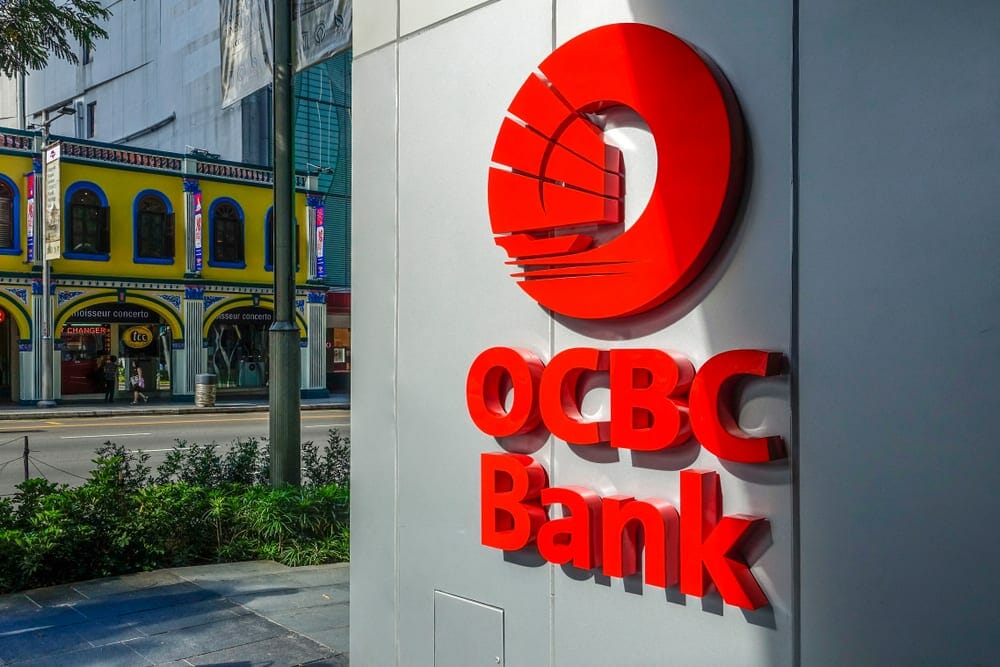
DBS, OCBC and UOB Carve Out a Place on the Sustainability Perceptions Index
by Fintech News Singapore February 22, 2023DBS Group, Oversea-Chinese Banking Corporation (OCBC) and United Overseas Bank (UOB) were the three Singapore banks that managed to snag a place on the Brand Finance Sustainability Perceptions Index.
The study, which was released in association with the International Advertising Association at the World Economic Forum in Davos, delved into the financial value of sustainability perceptions of the world’s biggest brands.
As part of the analysis, Brand Finance determines the relative importance of sustainability as a driver of value for brands. It also evaluated how sustainable each brand is perceived to be, allocating a ‘Sustainability Perceptions Score’.
This strips back the impact of revenues to see which brands consumers think are the most committed to sustainability.

Robert Haigh
Robert Haigh, Strategy and Sustainability Director at Brand Finance said,
“For the first time, companies can now see the financial value that is tied to a reputation for acting sustainably.
Whether they are seen as sustainability champions or not, the world’s biggest brands have hundreds of millions of dollars’ worth of value contingent on how sustainable they are perceived to be. Failing to communicate clearly about ESG topics puts value at risk.”
#153 DBS Group

In 2017, DBS had kicked off its sustainability efforts by developing its Group Responsible Financing Standard, outlining the ESG requirements for corporate financing.
The bank established Singapore-based global carbon exchange and marketplace Climate Impact X in a joint venture with Singapore Exchange (SGX), Standard Chartered and Temasek in 2021.
DBS also joined the Net-Zero Banking Alliance to commit to net zero by 2050 or sooner.
Additionally, DBS had appointed Helge Muenkel as its new Chief Sustainability Officer to steer the banks ongoing ESG efforts.
In March 2022, DBS had achieved almost 80% of the bank’s SGD 50 billion sustainability financing target by 2024.
DBS has set up a Board Sustainability Committee (BSC) chaired by its CEO Piyush Gupta to provide added governance and oversight of material environmental, social and governance (ESG) matters.
#372 Oversea-Chinese Banking Corporation (OCBC)

In its OCBC Sustainability Report 2021, the bank reported that it had exceeded its target of reaching a sustainable finance portfolio of S$25 billion by 2025 by achieving S$34 billion as of 2021.
As part of its Climate Strategy, OCBC had committed to achieve carbon neutrality for its banking operational emissions in 2022 that is supported by a suite of environmental initiatives.
travel.
In 2021, the bank had launched the OCBC Climate Index to raise awareness of carbon emissions and drive the adoption of environmentally sustainable practices among consumers and society at large.
In June 2022, OCBC Bank partnered its corporate customer SATS, a food solutions provider, to launch the inaugural OCBC Sustainability Innovation Challenge which addresses waste management and reduction.
#394 United Overseas Bank (UOB)

In 2021, UOB had established a corporate sustainability office and appointed Eric Lim to lead it as its first Chief Sustainability Officer (CSO) in a bid to achieve its ESG objectives.
In the same year, the bank reported that it had raised its sustainable finance target for 2025 to S$30 billion. UOB made the announcement when it managed to exceed its goal to build a sustainable finance portfolio of S$15 billion by 2023.
UOB’s innovation accelerator The Finlab kicked off its inaugural The Greentech Accelerator in 2022 for pre-seed and seed startups across five countries in Malaysia, Thailand, Indonesia, India and Singapore.
The bank also focused on empowering its customers to make sustainable choices by offering personalised carbon insights based on their spending and saving behaviours through its UOB TMRW app.
Additionally, UOB EVOL cardholders were be able to offset 100 percent or more of their household electricity carbon footprint for free when they charge SP Group’s utilities bills to their credit card.







